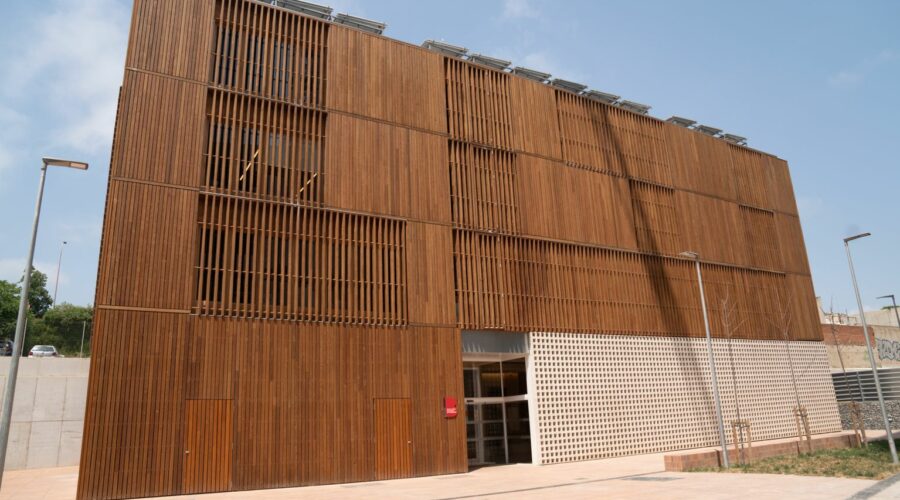
Since the beginning of March, Barcelona has introduced the well-known “Amazon tax”, which taxes postal operators for parking vehicles that deliver online purchases in public spaces.
The operators directly affected are those with an annual turnover of more than one million euros in the city thanks to these deliveries.
For their part, the five main companies in Barcelona (DHL, UPS, Amazon, Correos Exprés and Seur, which, according to the City Council, meet the condition of market turnover), prefer not to comment on the matter.
Nor do they dare to express an opinion on who they believe will ultimately have to bear the tax (whether it should be the company, the manufacturer of the products purchased or the end consumers themselves). They also do not clarify whether they intend to file an appeal against the tax.
The objectives of the “Amazon tax
For her part, Mayor Ada Colau indicates that the measure has two main objectives.
The first is to achieve a level playing field between e-commerce and local commerce.
And the second is to encourage delivery at pick-up points to avoid the circulation of delivery vehicles and reduce congestion and pollution.
The municipality has estimated the cost of the “use” of the public space at 2.6 million euros per year. It is estimated that this could be the maximum revenue distributed among the 26 postal companies that achieve an annual turnover of more than one million euros.
The tax, whose official name is TREC (e-commerce delivery tax), was approved in the Municipal Plenary with the votes of the municipal executive (Barcelona en comú and PSC) and the support of Junts and Ciutadans and ERC.
The tax will be settled by self-assessment by the taxpayer, so that companies must file it between July 1 and July 30 of the fiscal year following the taxable year.
Thus, the first settlement foreseen (fiscal year 2023) will be self-liquidated during the month of July 2024.
The calculation of the rate
For their part, experts from the University of Barcelona who worked on the calculation of the fee, explained at the end of 2022 how the calculation of the value and price of the use of public space for parking in the Catalan capital would be calculated.
They started the calculations based on the 2.6 million obtained from the current occupancy of the 8,300 parking spaces, which are not for residents.
With this baseline and based on a turnover of 200 million euros by the main operators in the city, the tax rate will be 1.25% of each operator’s annual turnover.
The rate has been controversial from the beginning. In fact, the Uno employers’ association points out that the tax increases costs and reduces sales alternatives for small businesses.



